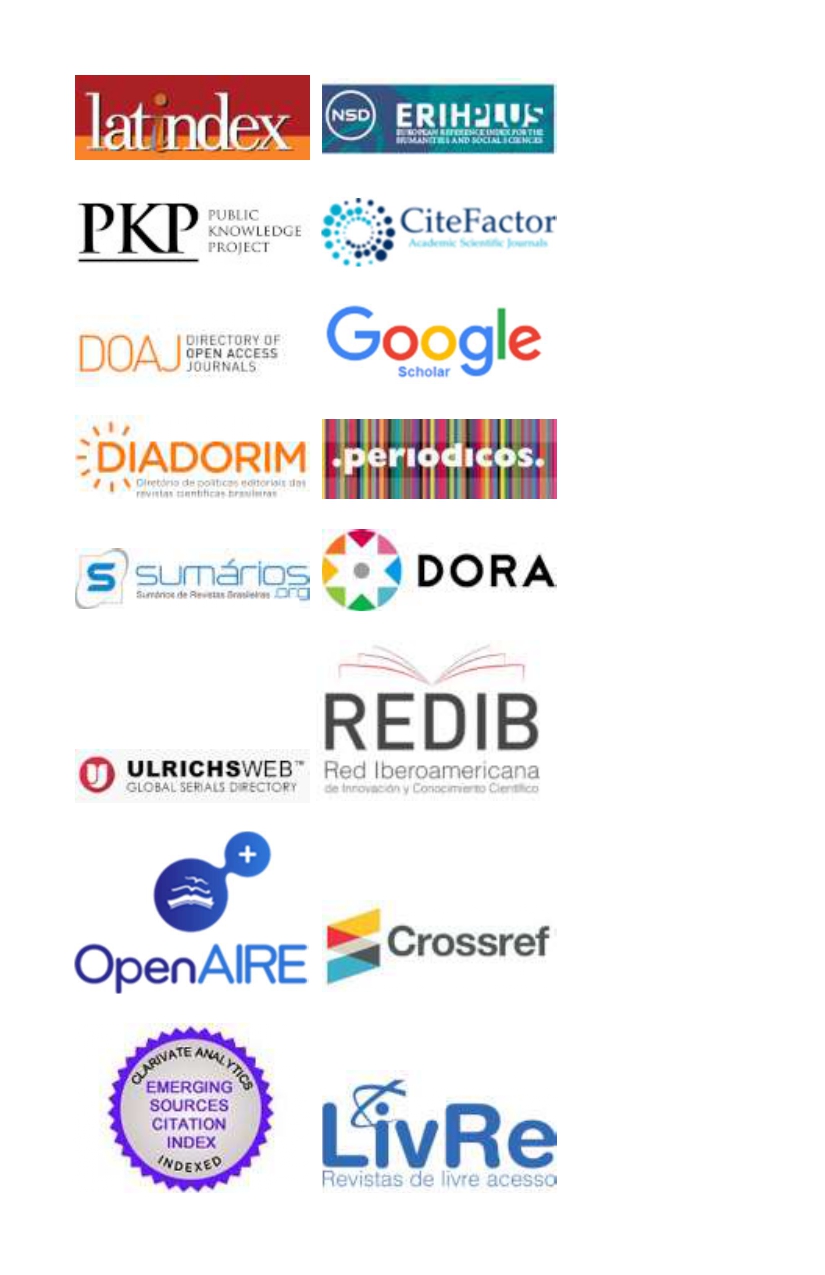WHAT IS A REALIST THEORY OF LAW?
DOI:
https://doi.org/10.21783/rei.v6i1.454Palabras clave:
Filosofia do Direito, Jurisprudência, Teoria do DireitoResumen
This essay offers a programmatic statement for a realist theory of law. Although I have been influenced by (and written about) the work of earlier American, Scandinavian, Italian and other legal realists, this is not an essay about what others have thought. This is an essay about what I take realism about law to mean and what its theoretical commitments are; I shall use other realists to sometimes illustrate the distinctive positions of a realist theory of law, but will make clear where I depart from them. A realist theory of law involves both a “realist” and a “naturalistic” perspective on law. Let me explain how I understand these perspectives.
Descargas
Citas
BURGE, T. Origins of Objectivity. Oxford: Oxford University Press, 2010.
CHOMSKY, N. Review of Skinner's. Verbal Behavior. Language, v. 35, 1959, p. 26–58.
FODOR, J. The Language of Thought. New York: Thomas Y. Crowell Co, 1975.
GARDNER, J.; MACKLEM, T. Review of Legality by Scott Shapiro. Notre Dame Philosophical Reviews, 2011. See https://ndpr.nd.edu/news/legality/.
GUASTINI, R. Rule-Scepticism Restated. In: GREEN, L.; LEITER, B. (eds.). Oxford Studies in the Philosophy of Law, v. 1. Oxford: Oxford University Press, 2011.
Hart, H.L.A. (2012). The Concept of Law. 3rd Edition, Oxford: Oxford University Press.
HOLTERMANN, J. Naturalizing Alf Ross’s Legal Positivism: A Philosophical Reconstruction. Revus, v. 24, 2014, p. 165–186.
LEITER, B. Naturalizing Jurisprudence. Oxford: Oxford University Press, 2007.
LEITER, B. Explaining Theoretical Disagreement. University of Chicago Law Review, v. 76, 2009, p. 1215-1250.
LEITER, B. Praise of Realism (and Against Nonsense Jurisprudence). Georgetown Law Journal, v. 100, 2012, p. 865-893.
LEITER, B. Constitutional Law, Moral Judgment, and the Supreme Court as Super-Legislature. Hastings Law Journal, v. 66, 2015, p. 1601-1616.
LEITER, B. Derecho Constitucional, Juicio Moral y la Supreme Corte como Súper-Legislatura. In: VERÁSTEGUI, A. Martínez (ed.). La Constitución como objeto de interpretación. Ciudad de México: Supreme Corte de Justicia de la Nación, 2016.
LEITER, B. Moral Psychology with Nietzsche. Oxford: Oxford University Press, 2019.
LEITER, B. Legal Positivism as a Realist Theory of Law. In: MINDUS, P.; SPAAK, T. (eds.). The Cambridge Companion to Legal Positvism. Cambridge: Cambridge University Press, 2020.
LORD, C. G.; ROSS, L.; LEEPER, M.R. Biased assimilation and attitude polarization: The effects of prior theories on subsequently considered evidence. Journal of Personality and Social Psychology, v. 37, n. 11, 1979, p. 2098–2109.
MYERS, D. Discussion-Induced Attitude Polarization. Human Relations, v. 28, n. 8, 1975, p. 699-715.
QUINE, W.V.O. Pursuit of Truth. Cambridge, MA.: Harvard University Press, 1990.
RAZ, J. Authority, Law, and Morality. The Monist, v. 68, n. 3, 1985, p. 295-324.
RAZ, J. The Morality of Freedom. Oxford: Oxford University Press, 1986.
RAZ, J. Notes on Value and Objectivity. In: LEITER, B. (ed.). Objectivity in Law and Morals. Cambridge: Cambridge University Press, 2001.
SCANLON, T.M. Being Realistic about Reasons. Oxford: Oxford University Press, 2014.
SHAPIRO, S. Legality. Cambridge, MA.: Harvard University Press, 2011.
SUNSTEIN, C. The Law of Group Polarization. Journal of Political Philosophy, v. 10, n. 2, 2002, p. 175-195.
ZUBER, J.; CROTT, H.; WERNER, J. Choice Shift and Group Polarization: An Analysis of the Status of Arguments and Social Decision Schemes. Journal of Personality and Social Psychology, v. 62, 1992, p. 50-61.
Descargas
Publicado
Cómo citar
Número
Sección
Licencia
Autores que publicam nesta revista concordam com os seguintes termos:
- Autores mantém os direitos autorais e concedem à revista o direito de primeira publicação, com o trabalho simultaneamente licenciado sob a Licença Creative Commons Attribution que permite o compartilhamento do trabalho com reconhecimento da autoria e publicação inicial nesta revista.
- Autores têm autorização para assumir contratos adicionais separadamente, para distribuição não-exclusiva da versão do trabalho publicada nesta revista (ex.: publicar em repositório institucional ou como capítulo de livro), com reconhecimento de autoria e publicação inicial nesta revista.
- Autores têm permissão e são estimulados a publicar e distribuir seu trabalho online após a publicação na revista.






